Six-time Paralympic medalist Becca Meyers, who is deaf and blind, has made the "gut wrenching" decision to withdraw from the Tokyo 2020 Paralympics because the United States Olympic & Paralympic Committee (USOPC) refused to allow her request for accommodation.
Meyers tweeted her decision on July 20, with a photo of the full statement sent to the committee.
Heartbroken to share that I\u2019m withdrawing from the Tokyo Paralympic Games. The USOPC has repeatedly denied my reasonable and essential accommodation because of my disability, leaving me no choice. Full statement below:pic.twitter.com/p9tKsbPip2— Becca Meyers (@Becca Meyers) 1626780985
Her tweet read:
""I'm angry, I'm disappointed, but most of all, I'm sad to not be representing my country."
Meyers was born with Usher Syndrome, a genetic disorder that left her deaf from birth and progressively took her eye sight.
Meyers requires a Personal Care Assistant (PCA) to attend her meets, specifically one that she trust, after an incident at the 2016 Rio de Janeiro Paralympics where she was unable to find the dining area, leaving her sobbing in her room.
She requested her mother as her PCA, as she attends all of her competitions. However, the USOPC is limiting the number of PCA's due to COVID precautions.
Regardless, one single PCA to accommodate 33 of Paralympic swimmers, 9 of which are also visually impaired, will not meet the needs according to Meyers.
In an interview with Washington Post, Meyers explained how difficult this decision was for her:
"I would love to go to Tokyo."
"Swimming has given me my identity as a person. I've always been Becca the Swimmer Girl."
"I haven't taken this lightly. This has been very difficult for me."
"[But] I need to say something to effect change, because this can't go on any longer."
Maria Meyers, Becca's mother, shared with Washington Post:
"She's given her entire life for this. It's unacceptable. It's heartbreaking."
"She is terrified to go [alone]. And I mean terrified — like, rolled up in a ball, shaking."
Meyers said her training suffered because of how distraught this made her because she knows if accommodations were made she would be able to perform her best.
According to an email sent by Rick Adams, chief of sport performance and national governing body services for the USOPC:
"There remain no exceptions to late additions to our delegation list other than the athletes and essential operational personnel per the organizing committee and the government of Japan."
"As I said to you both on the phone and over email, I fully empathize with your concerns and wish we could fine [sic] a way as we have in the past."
Meyers tweet ended saying:
"So, in 2021, why as a disabled person am I still fighting for my rights?"
"I'm speaking up for future generations of Paralympic athletes in hope that they never have to experience the pain I've been through. Enough is enough."
And so many who shared and commented on her tweet felt the same.
Maryland native Becca Meyers is a two-time Paralympian and six-time medalist with three gold medals. It is disgraceful that she was denied essential and reasonable accommodations, which led to her withdrawal from the Tokyo Olympics. Our Paralympic athletes deserve better.https://twitter.com/becca_meyers/status/1417448304535814145\u00a0\u2026— Senator Ben Cardin (@Senator Ben Cardin) 1626791946
This is grotesque: 2021 Olympics #COVID19 regulations have made the #Paralympics inaccessible for #disabled athletes, like gold medalist Becca Meyers, who has quit Team USA.https://www.washingtonpost.com/sports/olympics/2021/07/19/becca-meyers-tokyo-paralympics/\u00a0\u2026— Steve Silberman (@Steve Silberman) 1626750428
it\u2019s so sad because our medical diagnosis doesn\u2019t disable us as much as society does. @becca_meyers is a swimming legend and I\u2019m heartbroken for her. She needs to be in Tokyo with ushttps://twitter.com/washingtonpost/status/1417251504273203203\u00a0\u2026— Lex Gillette (@Lex Gillette) 1626755976
So they'll bring together a ton of people for the @Paralympics even though COVID is an ongoing crisis, but won't allow an athlete to have one extra person to fulfill an access need? Unacceptable.https://www.npr.org/sections/tokyo-olympics-live-updates/2021/07/20/1018307082/deaf-and-blind-swimmer-quits-team-usa-over-personal-aid-issue\u00a0\u2026— Emily Ladau (@Emily Ladau) 1626807071
This is SO unfair in addition to being a safety issue. I\u2019m so, so sorry. My heart breaks for you. I don\u2019t know how common sense has evaded so many. Unforgivable of the USOPC. How would 1 PCA help 33 athletes if a fire broke out in the building or there was a natural disaster?— Buckeye Gal in NE (@Buckeye Gal in NE) 1626799242
This is not only a denial of your rights, but also quite an absurd policy. One PCA for 34 people is ridiculous, plus dangerous. If one of the athletes gets sick or even the PCA themselves gets Covid, the chance of spreading the virus will be at its highest.— CrazyCatLady (@CrazyCatLady) 1626790447
One PCA for 34 people seems ridiculously unsafe in the case of an issue.\n\nAnd I don't blame you one bit for wanting a PCA that you trust. That's a big freaking deal and them ignoring that and only having one for the whole group is.... yikes.— \ud83c\udff3\ufe0f\u200d\u26a7\ufe0f Ash (He/They) \ud83c\udff3\ufe0f\u200d\ud83c\udf08 (@\ud83c\udff3\ufe0f\u200d\u26a7\ufe0f Ash (He/They) \ud83c\udff3\ufe0f\u200d\ud83c\udf08) 1626790958
One PCA for 34 people seems ridiculously unsafe in the case of an issue.\n\nAnd I don't blame you one bit for wanting a PCA that you trust. That's a big freaking deal and them ignoring that and only having one for the whole group is.... yikes.— \ud83c\udff3\ufe0f\u200d\u26a7\ufe0f Ash (He/They) \ud83c\udff3\ufe0f\u200d\ud83c\udf08 (@\ud83c\udff3\ufe0f\u200d\u26a7\ufe0f Ash (He/They) \ud83c\udff3\ufe0f\u200d\ud83c\udf08) 1626790958
This is awful! as someone who uses agency care I know it can be a logistical minefield having to explain to new people your whole personal care needs & routine, let alone if they are supporting 33 other people! being a Paralympic athlete is stressful enough! Why add this!?— Charlie\u267f\ufe0f\ud83d\udc9c\ud83d\udc3e\ud83d\udc15\u200d\ud83e\uddba\ud83d\udc69\ud83c\udffc\u200d\ud83e\uddbc (@Charlie\u267f\ufe0f\ud83d\udc9c\ud83d\udc3e\ud83d\udc15\u200d\ud83e\uddba\ud83d\udc69\ud83c\udffc\u200d\ud83e\uddbc) 1626782692
Sadly this doesn\u2019t surprise me. I have to fight so hard for basic services for my deaf students— Carli Zielinski (@Carli Zielinski) 1626818721
Democratic Senator Maggie Hassan from New Hampshire advocated for full accommodations for Meyers and other athletes with disabilities during a Senate Health, Education, Labor, and Pensions Committee hearing Tuesday.
Closed captioning provided:pic.twitter.com/g7RQFKvAw7— Sen. Maggie Hassan (@Sen. Maggie Hassan) 1626815619
Hassan condemned the USOPC for their failures:
"Individuals who experience disabilities should not be forced to navigate the Tokyo Olympics without the support that they need."
"This is an outrage and a preventable situation that should never have gotten to this point."
"So I want the U.S. Olympic and Paralympic Committee to work immediately to address this issue and I want them to ensure that all of our athletes are able to compete safely at this summer's games - including by providing the basic supports that they need just to navigate the world."
The USOPC gave a statement to The Washington Post about the issue of restrictions due to COVID:
"This position has resulted in some athletes advising us that they will not accept a nomination to Team USA for both the Olympic and Paralympic Games."
"We are heartbroken for athletes needing to make agonizing decisions about whether to compete if they are unable to have their typical support resources at a major international competition, but our top priority is ensuring the safety of our athletes, coaches, staff and the citizens of the host country."
So far, there have been no other statements of amending the accommodations policy from the USOPC.

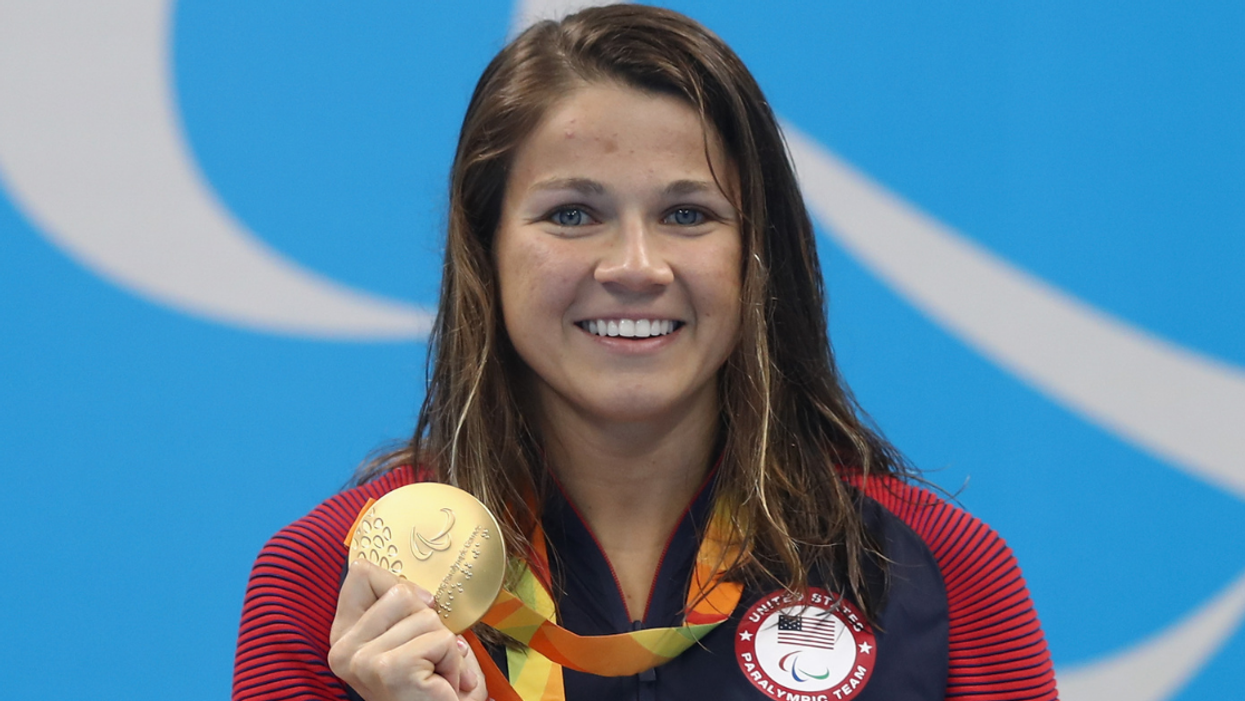

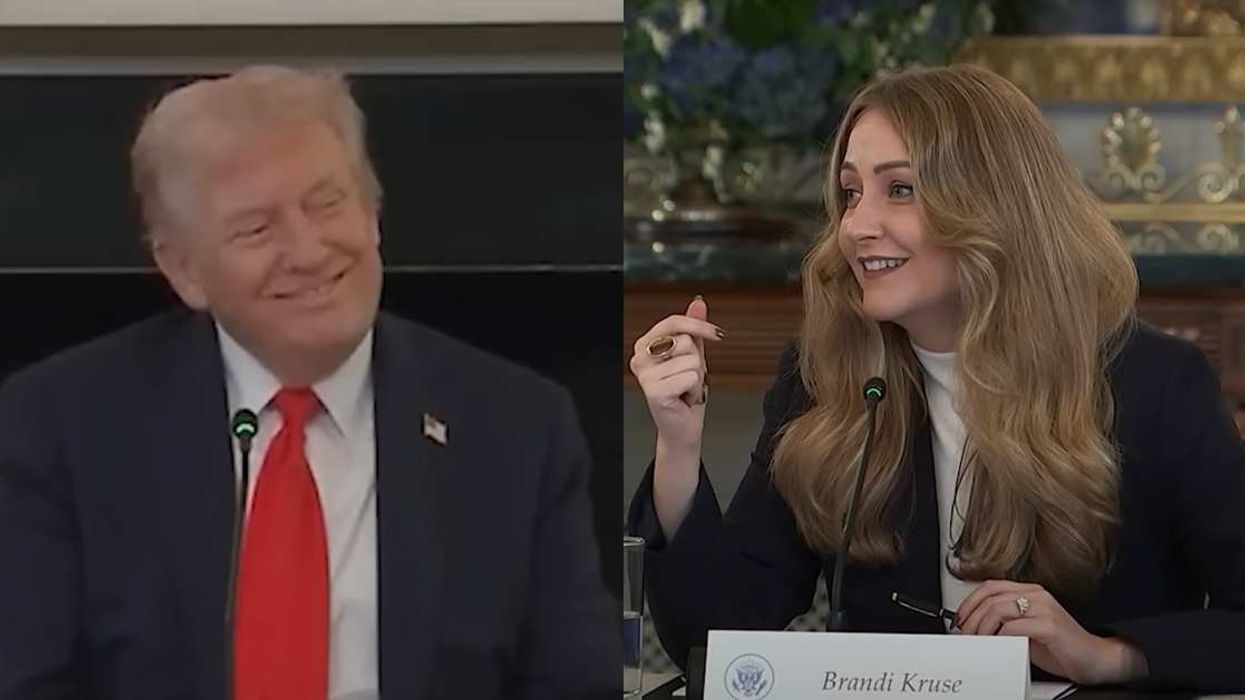
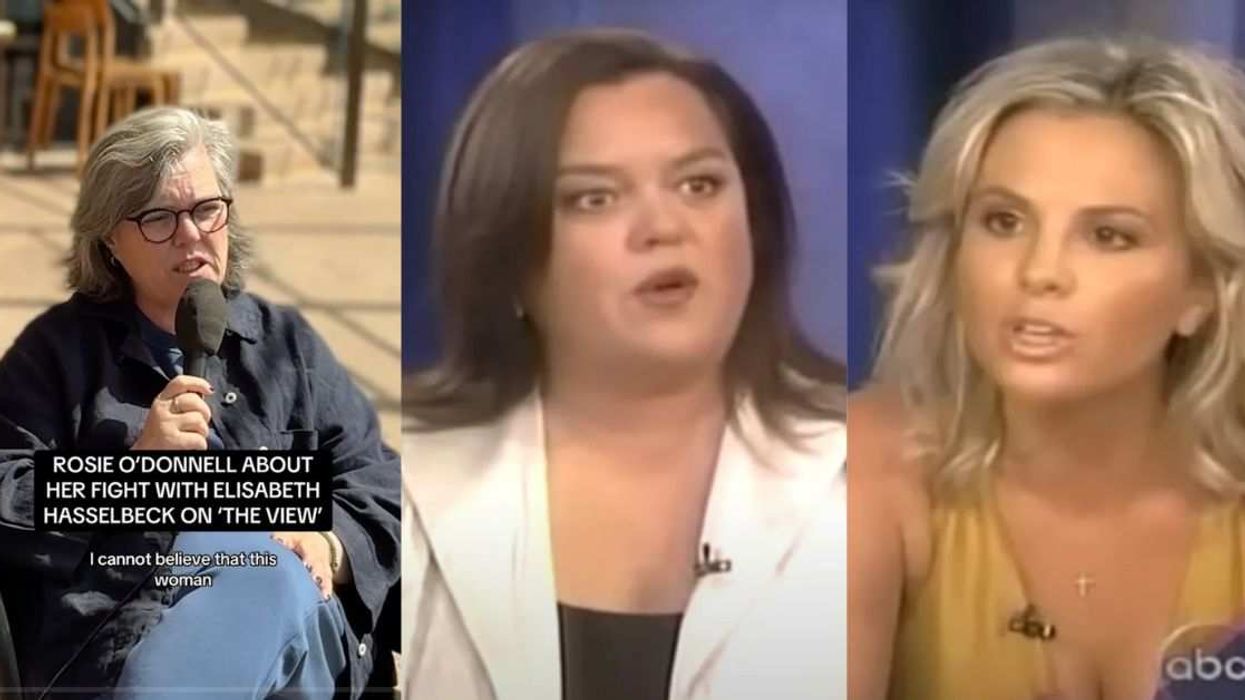
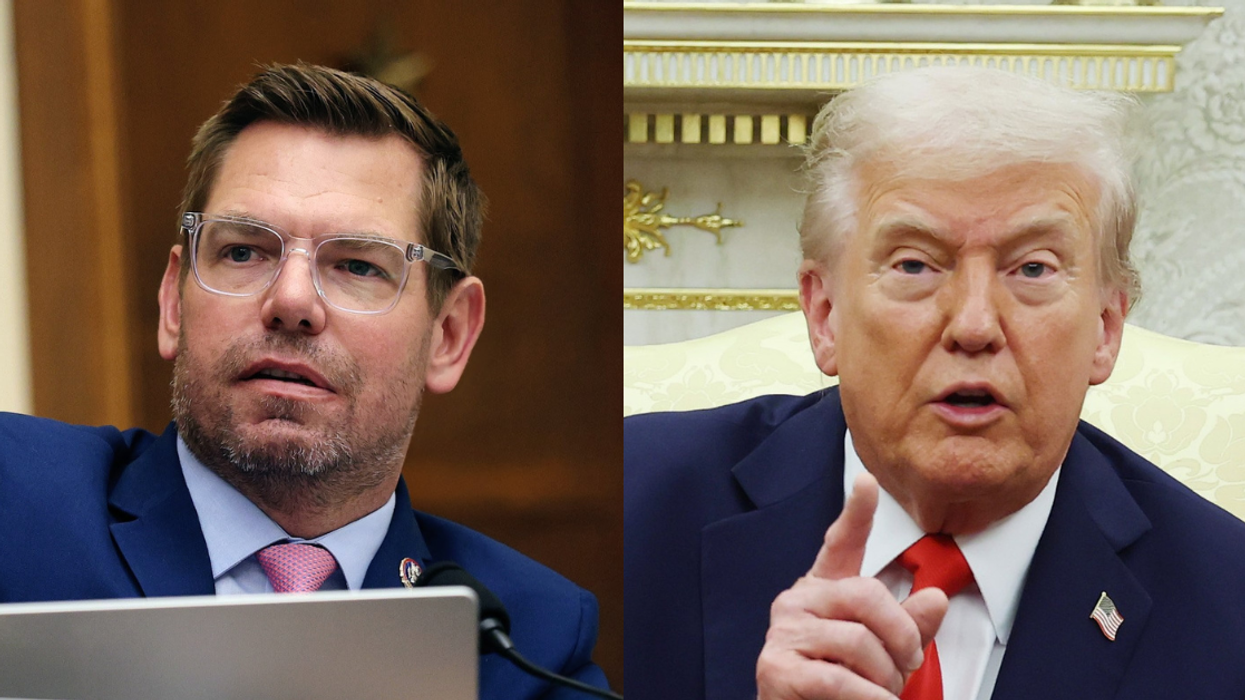
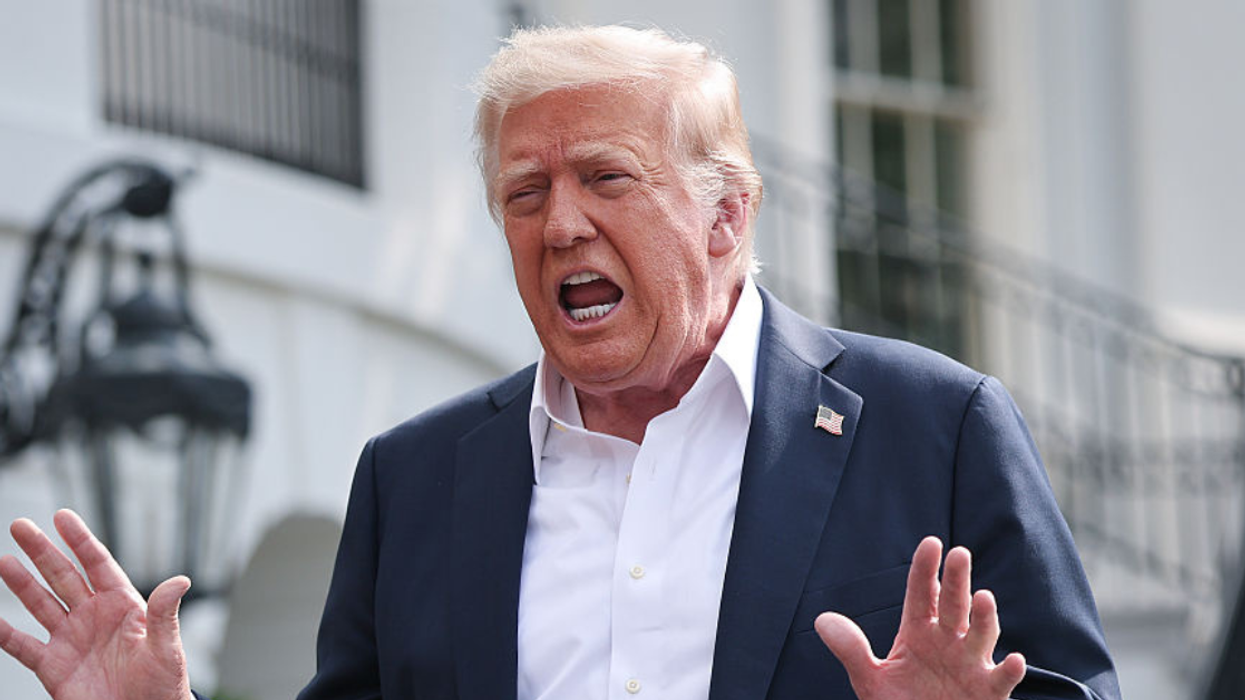
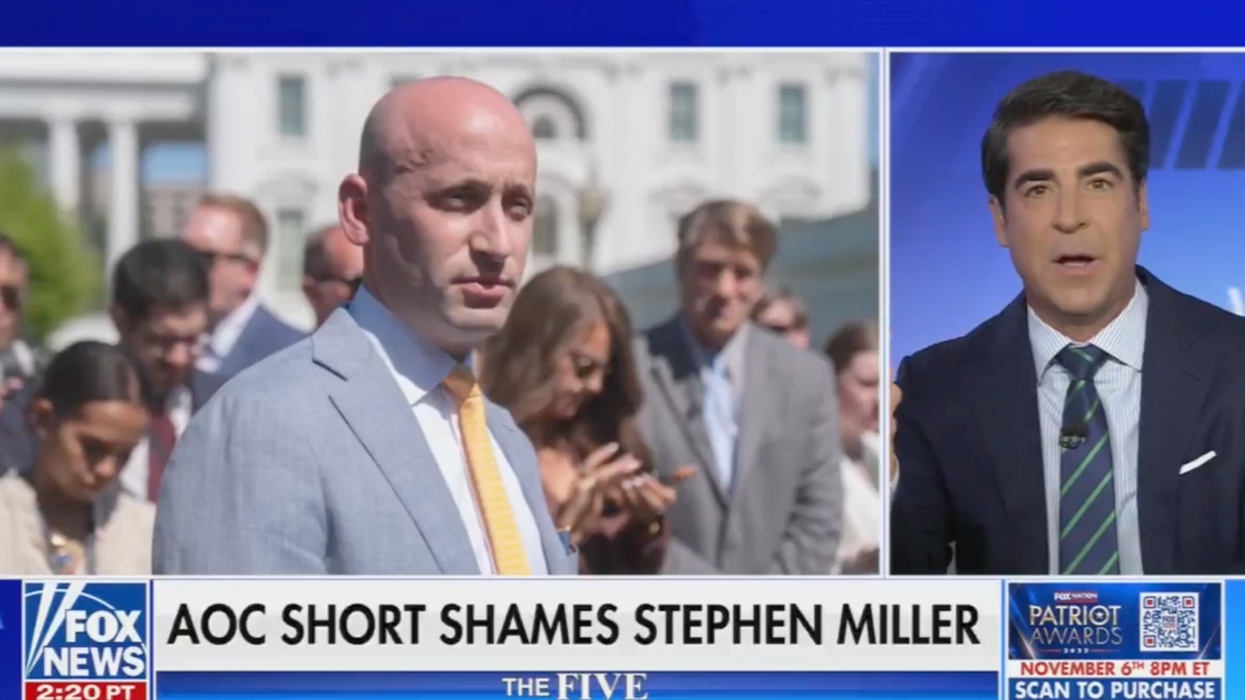

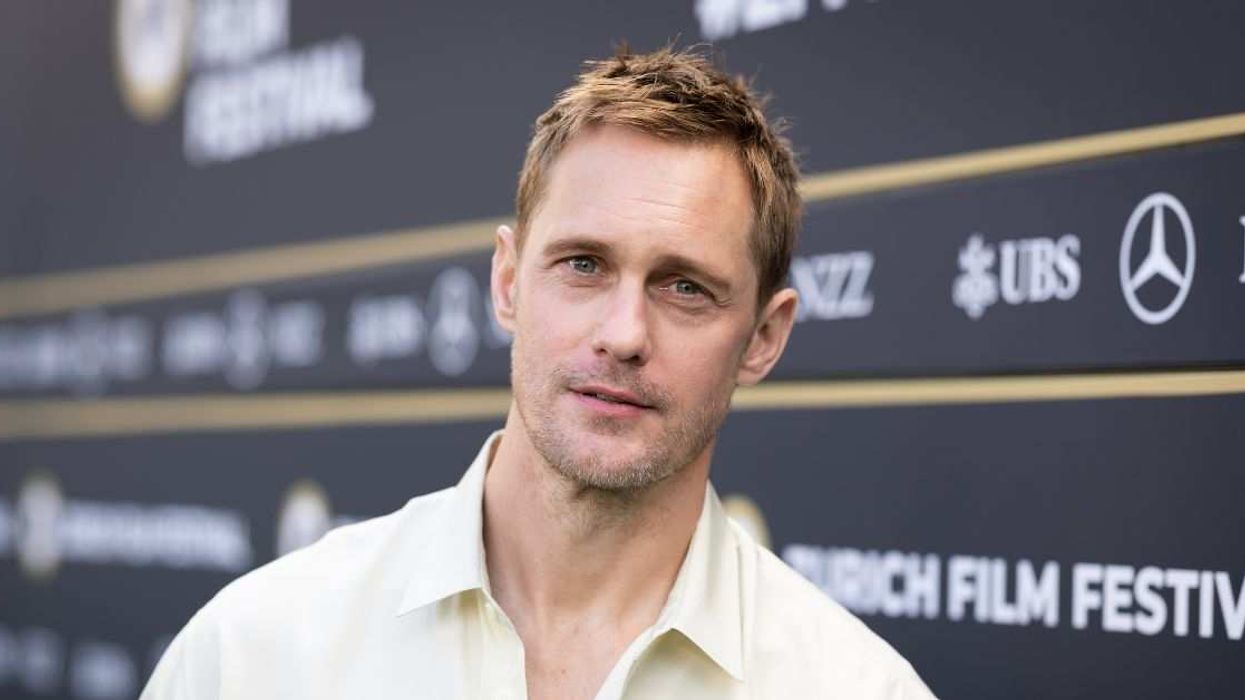

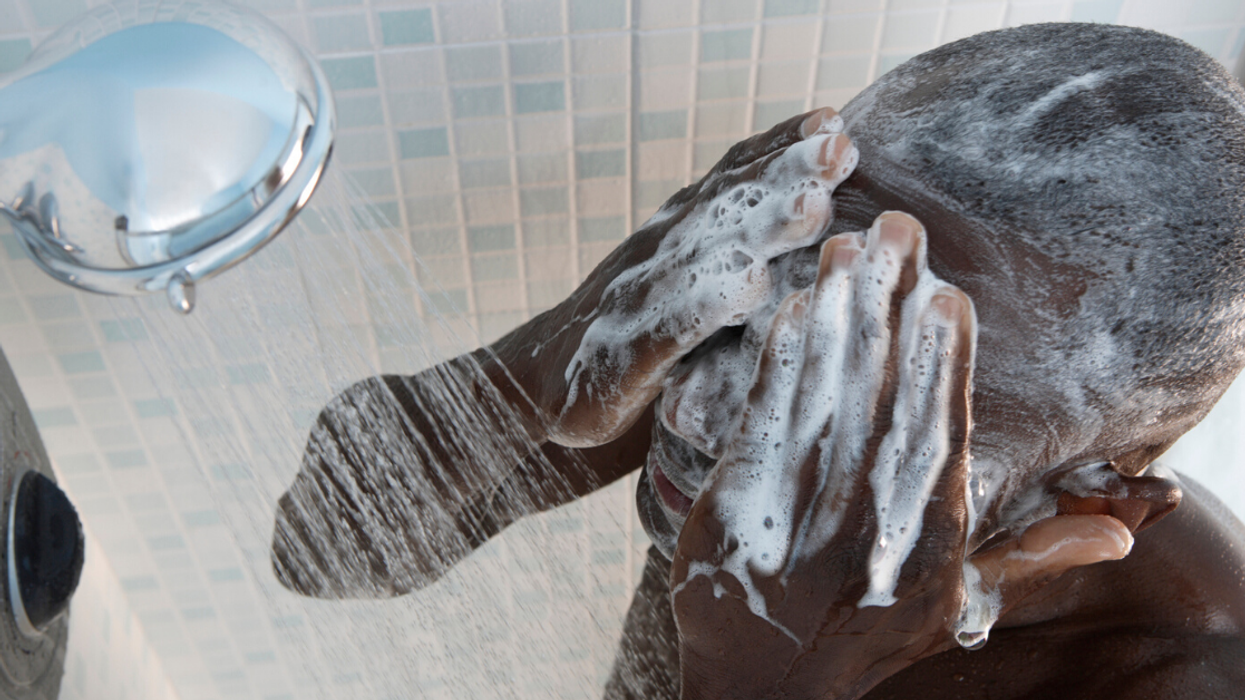
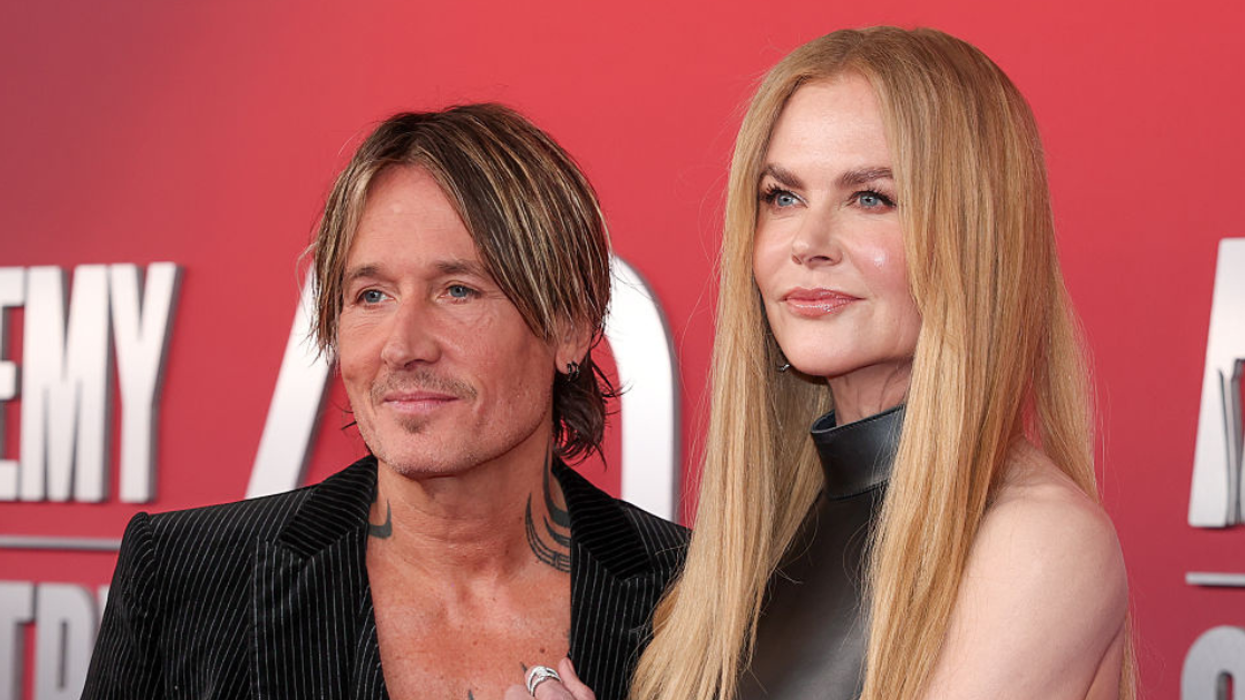

 Lemon Juice 80S GIF
Lemon Juice 80S GIF  Michael Myers
Michael Myers  Give Thanks Eating GIF by I Heart Guts
Give Thanks Eating GIF by I Heart Guts  Gordon Ramsay Fox GIF by HULU
Gordon Ramsay Fox GIF by HULU  baking ann b. davis GIF by HULU
baking ann b. davis GIF by HULU 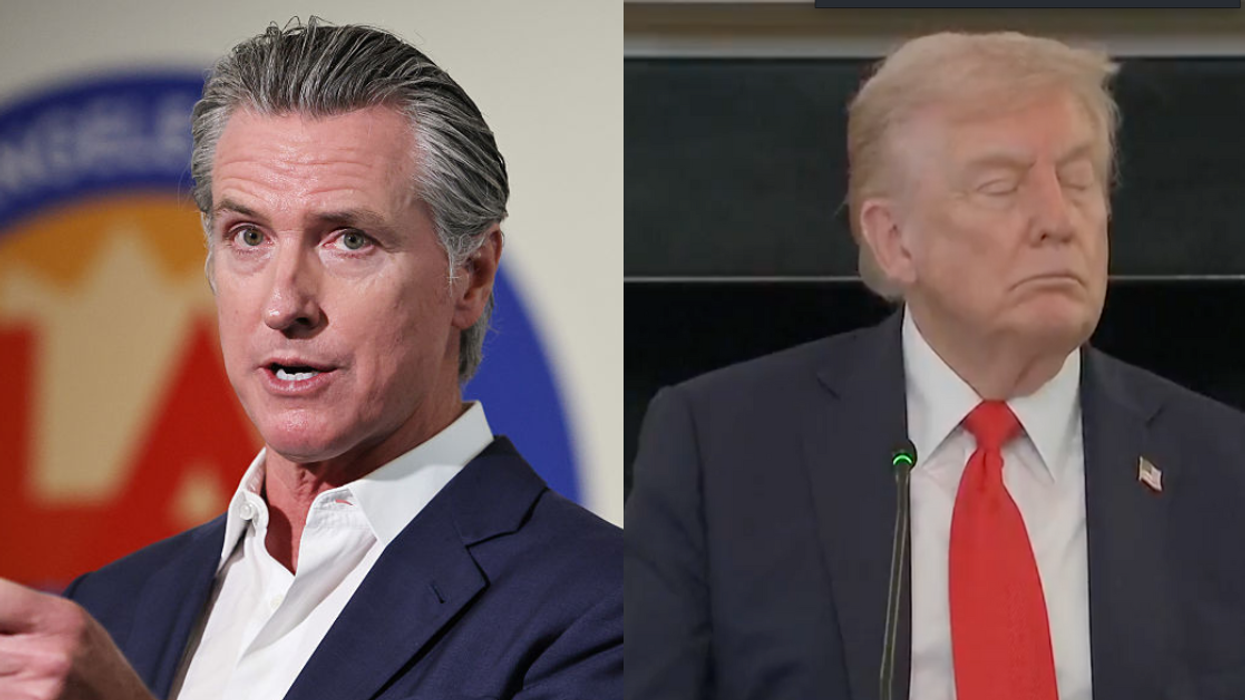
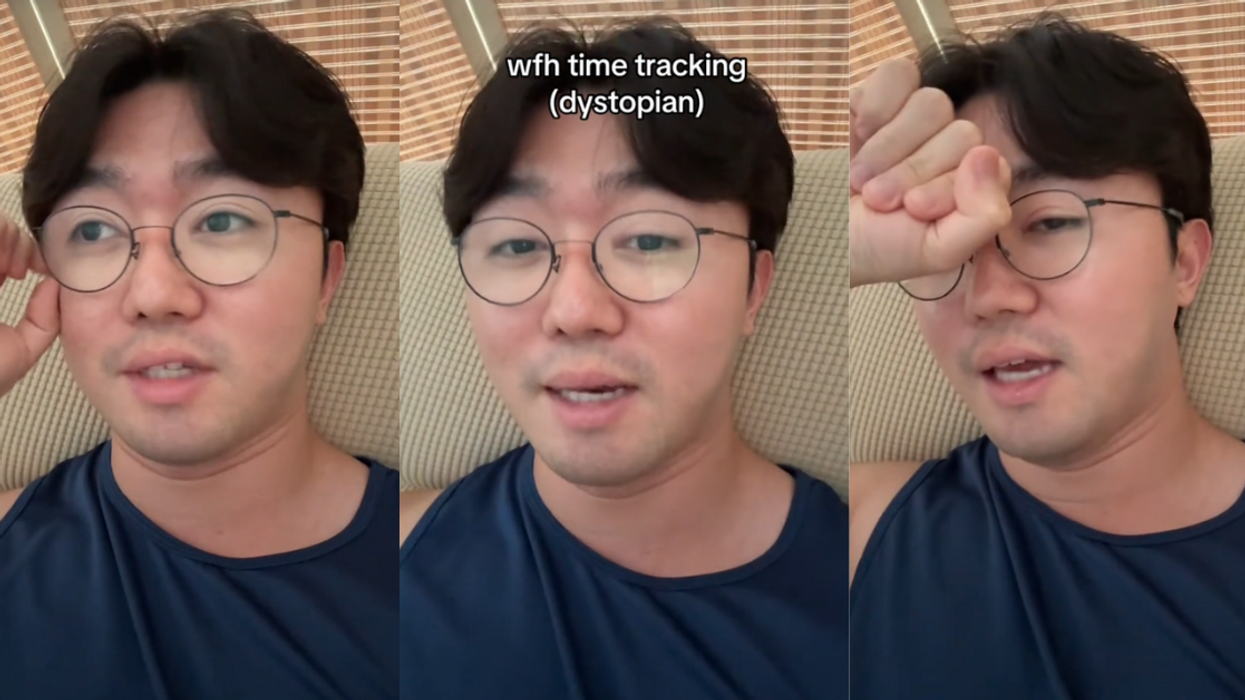
 @timleesblee/TikTok
@timleesblee/TikTok @timleesblee/TikTok
@timleesblee/TikTok @timleesblee/TikTok
@timleesblee/TikTok @timleesblee/TikTok
@timleesblee/TikTok @timleesblee/TikTok
@timleesblee/TikTok @timleesblee/TikTok
@timleesblee/TikTok @timleesblee/TikTok
@timleesblee/TikTok @timleesblee/TikTok
@timleesblee/TikTok @timleesblee/TikTok
@timleesblee/TikTok @timleesblee/TikTok
@timleesblee/TikTok @timleesblee/TikTok
@timleesblee/TikTok @timleesblee/TikTok
@timleesblee/TikTok
 @skylr.m/TikTok
@skylr.m/TikTok @skylr.m/TikTok
@skylr.m/TikTok @skylr.m/TikTok
@skylr.m/TikTok @skylr.m/TikTok
@skylr.m/TikTok @skylr.m/TikTok
@skylr.m/TikTok @skylr.m/TikTok
@skylr.m/TikTok @skylr.m/TikTok
@skylr.m/TikTok @skylr.m/TikTok
@skylr.m/TikTok @skylr.m/TikTok
@skylr.m/TikTok @skylr.m/TikTok
@skylr.m/TikTok @skylr.m/TikTok
@skylr.m/TikTok @skylr.m/TikTok
@skylr.m/TikTok @skylr.m/TikTok
@skylr.m/TikTok @skylr.m/TikTok
@skylr.m/TikTok @skylr.m/TikTok
@skylr.m/TikTok